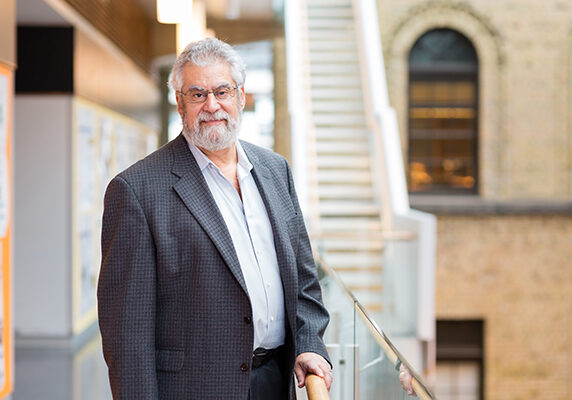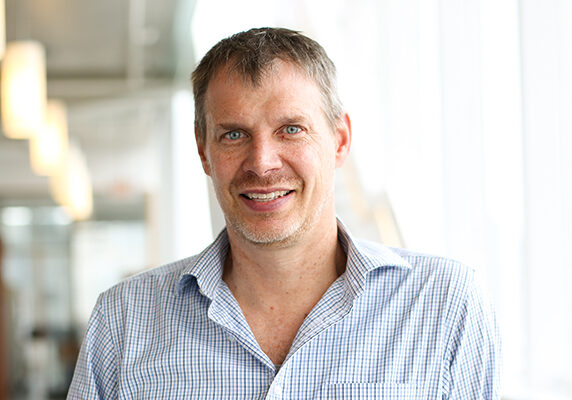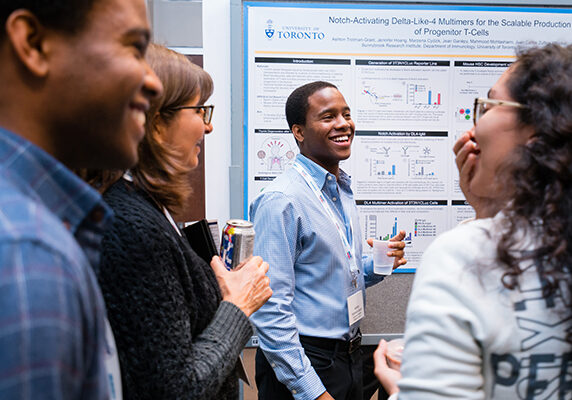
Medicine by Design symposium shines spotlight on regenerative medicine at U of T
“We are contributing something new by converging people from diverse disciplines — mathematics, the physical sciences, engineering, biology and medicine — around the big questions in regenerative medicine”
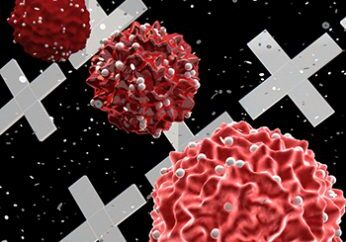
Understanding circulating tumour cells
Ted Sargent (ECE) and Mahla Poudineh (ECE PhD 1T6) part of multidisciplinary research group developing new tool to track circulating tumour cells
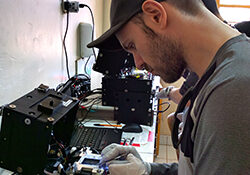
Hacking healthcare in a refugee camp
A team from University of Toronto, led by Professor Aaron Wheeler, took their lab-on-a-chip technology to remote Kenya to test refugees for measles and rubella — and push the limits of what academics can accomplish in the field

Drone-delivered AEDs offer novel approach to saving lives at home
Drone delivery could shave crucial minutes off the median ambulance response times in both rural and urban regions
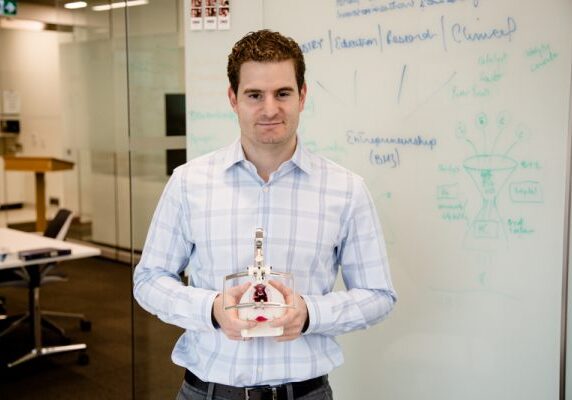
3D-printed cleft palate simulator improves surgery training
While working on robotic surgical tools to help with cleft palate surgery, Dale Podolsky created a cleft palate simulator which has been internationally recognized as an incredible training tool for surgeons

‘Slithering sperm’ research earns MIE alumnus Colton Medal
Reza Nosrati was recognized with the 2016 Douglas R. Colton Medal for Research Excellence for his pioneering work using nanotechnology and microfluidics to treat male infertility

Treating cancer from within: Q & A with Naomi Matsuura
Professor Naomi Matsuura (MSE, IBBME), an expert in the design of new materials that interact with medical imaging radiation, joined the Faculty in July 2016.

